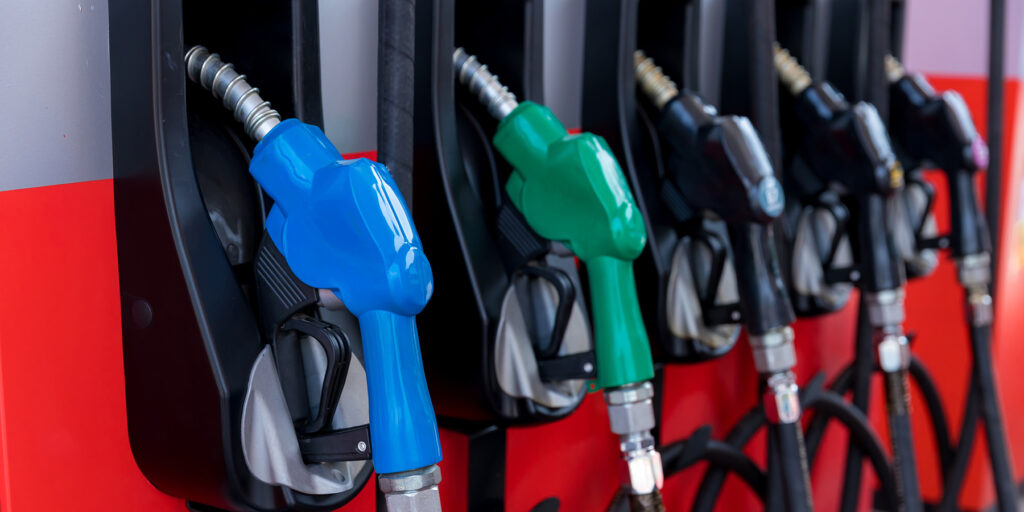In some major U.S. cities, where public transportation like subways and commuter trains are familiar, commuters can pay a fee and get from somewhere close to home to within blocks of their workplace. That luxury only serves a small percentage of the population.
For most people, whether they have to drive to work every day or get to the grocery store or a doctor’s appointment, the means of transportation is a car or truck. The cost of ownership of those vehicles has increased over the past year and a half substantially. Current wage growth is not keeping up with inflation and the “pain-at-the-pump,” combined with increases in grocery prices, may be two of the most challenging costs for consumers to bear.
The cost to fill up the tank is only one by-product of rising oil prices. Airline ticket prices have been increasing as a result of jet fuel costs and the scaling back of flights. Truckers are facing higher costs and passing those costs to their customers and mobile service providers have to increase prices.
Through March 12, 2022, gasoline prices were already up 38 percent over year-ago prices. Gas prices had jumped 13 percent in just a week that week.
The price increases take a toll on consumer spending. Every 10 percent increase in gas prices increases consumer costs by an additional $23 billion a year. Gas prices are $1.40 a gallon higher than a year ago. Prices jumped 8.3 percent in April 2022 alone.
A Shift in the Household Budget
Every dollar spent on gas is a dollar removed from the weekly budget that may have been intended for something else. When drivers have to spend $100 to fill up the tank, it puts a bigger dent in their budget.
Before the current increase in gas prices, consumers generally spent about $2,000 annually on gas. This amounted to about 3 percent of the household budget. But this was when gas was still $2/gallon. At 6 percent or more of the household budget, the impact on spending in other areas is significant. This shifting of spending to other areas will impact the economy. It also has the effect of reducing consumption of gas, an outcome termed; “demand destruction.”
In a recent study, signs of demand destruction were not yet evident but many economists believe that we will soon see the effects of the economic principle. Some economists even believe that the decreased funds available for other purchases might be a good thing. With the supply chain problems caused by lockdowns in China, the shift in dollars towards gas purchases and away from “nonessential items” would help alleviate some of the demand for these items and cool increasing prices.
A Gallup poll released in March showed that inflation was the top concern of Americans, the first time it topped the list in 30 years. No doubt that gas prices are one of the areas of concern that impact most consumers. With many joining the “remote economy” in the past two years, most people still need to drive to work to make a living.
To get in touch, you can book a call with an advisor to request a 15-minute chat.


